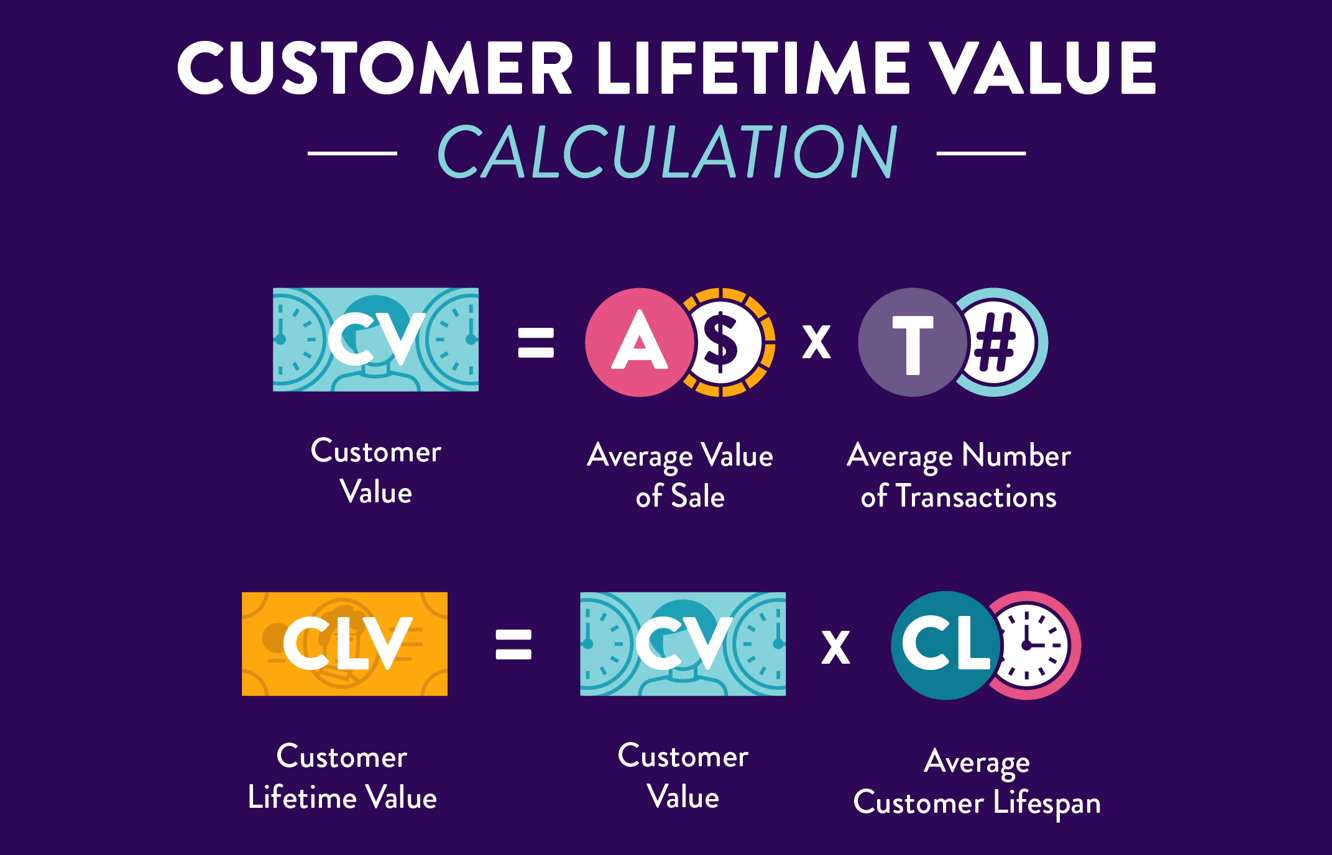In the dynamic world of social media, comments are more than just feedback—they are essential components of engagement, brand perception, and strategy. In this blog, we’ll delve into the nuances of social media comments, exploring their impact, best practices, and strategies for effective management. Whether you're a social media manager, marketer, or business owner, understanding these elements can enhance your online presence and foster meaningful interactions with your audience.
The Importance of Social Media Comments
Social media comments play a crucial role in shaping a brand's online identity. They offer valuable insights into audience sentiment, preferences, and expectations. Here's why they matter
Building Community Engagement
Engaging with comments helps build a loyal community around your brand. When users see that their feedback is acknowledged, they are more likely to remain engaged and continue interacting with your content. This two-way communication fosters a sense of belonging and trust.
Gaining Customer Insights
Comments provide direct feedback from your audience, offering insights into what they like, dislike, or expect from your brand. Analyzing these comments can reveal trends and preferences that can inform your content strategy and product development.
Enhancing Brand Reputation
Positive comments can enhance your brand’s reputation, showcasing customer satisfaction and loyalty. Conversely, addressing negative comments effectively can demonstrate your commitment to resolving issues and improving customer experiences.
Strategies for Managing Social Media Comments
Effectively managing social media comments involves more than just responding; it requires a strategic approach to ensure that interactions are meaningful and constructive. Here are some strategies to consider
1. Establish a Clear Comment Policy
Develop a comment policy that outlines the guidelines for acceptable behavior and content. This policy should be communicated clearly to your audience to set expectations and maintain a respectful environment.
Key Elements of a Comment Policy
- Respectful Communication Encourage respectful interactions and discourage offensive language or personal attacks.
- Relevance Ensure that comments are relevant to the content being discussed.
- Spam Control Implement measures to prevent and manage spam or promotional content.
2. Monitor Comments Regularly
Regular monitoring of social media comments is essential for timely responses and effective management. Utilize social media management tools to track and analyze comments across different platforms.
Tools for Monitoring Comments
- Sprout Social Offers comprehensive comment monitoring and analytics features.
- Hootsuite Provides real-time monitoring and engagement tools.
- Buffer Allows for efficient comment management and scheduling.
3. Respond Promptly and Thoughtfully
Timely and thoughtful responses to comments can enhance engagement and demonstrate your brand’s commitment to communication. Aim to respond to comments within 24 hours, and address both positive and negative feedback with equal attention.
Tips for Crafting Responses
- Personalize Responses Use the commenter’s name and reference their specific feedback to create a personalized interaction.
- Be Professional Maintain a professional tone, even when addressing negative comments or complaints.
- Provide Solutions For negative feedback, offer solutions or alternatives to address the issue raised.
4. Leverage User-Generated Content
Encourage and leverage user-generated content (UGC) by highlighting and sharing comments or posts from your audience. UGC can amplify your brand’s reach and foster a sense of community.
Ways to Utilize UGC
- Feature Comments Highlight positive comments or testimonials in your content or on your website.
- Share User Posts Repost or share content created by users that aligns with your brand’s values and messaging.
Analyzing Social Media Comments for Insights
Analyzing social media comments can provide valuable insights into your audience’s behavior and preferences. Here’s how to approach this analysis
1. Track Sentiment and Trends
Use sentiment analysis tools to gauge the overall tone of comments—positive, negative, or neutral. Identify trends and recurring themes to understand what resonates with your audience.
Sentiment Analysis Tools
- Sprout Social Offers sentiment analysis and trend identification features.
- Brandwatch Provides advanced sentiment analysis and trend tracking capabilities.
- Socialbakers Includes sentiment analysis as part of its social media analytics suite.
2. Evaluate Engagement Metrics
Measure the impact of comments on engagement metrics such as likes, shares, and click-through rates. Analyzing these metrics can help you understand how comments influence overall engagement with your content.
Engagement Metrics to Monitor
- Comment Volume Track the number of comments to gauge overall engagement.
- Engagement Rate Calculate the engagement rate by dividing the total number of interactions by the total number of followers or impressions.
- Click-Through Rate (CTR) Measure the effectiveness of comments in driving traffic to your website or landing pages.
3. Identify Key Influencers and Advocates
Recognize and engage with influencers or advocates who consistently leave positive comments or create valuable content related to your brand. Building relationships with these individuals can enhance your brand’s credibility and reach.
Identifying Influencers
- Engagement Metrics Look for users with high engagement rates and a substantial following.
- Content Quality Evaluate the quality and relevance of their content to your brand.
Best Practices for Social Media Comment Management
Adhering to best practices can enhance your approach to managing social media comments and foster positive interactions with your audience.
1. Stay Consistent with Branding
Ensure that your responses and interactions align with your brand’s voice and messaging. Consistency helps reinforce your brand identity and creates a cohesive experience for your audience.
2. Educate Your Team
Train your social media team on best practices for comment management, including response protocols and handling difficult situations. Consistent training ensures that your team is well-equipped to manage interactions effectively.
3. Encourage Positive Interactions
Foster a positive environment by encouraging constructive feedback and celebrating user contributions. Recognize and reward users who actively engage with your brand in a positive manner.










.jpg)












